WORLD BEE DAY
In July 2017 the UN decided to designate May 20 as World Bee Day. We all depend on bees as pollinators. Nevertheless the pollinators are endangered: the extinction rate of some species is 100 to 1000 times higher than normal due to human impact:
- Human caused climate change
- Pesticides
- non-sustainable agricultural practices (monoculture)
- loss of habitat
For a healthy diet, we need nutritious crops, such as fruits, nuts and many vegetable crops. These depend on pollinators. Without pollinators, our diet would become unbalanced – think of how you would feel without almonds, apples, berries, cucumber, pumpkin, chocolate or coffee. According to FAO, 75 percent of the world’s food crops depend at least in part on pollination by insects and other animals.
Pollination is a fundamental process for the survival of our ecosystems.
There are 2 billion small farmers worldwide who rely on pollinators to improve amount and food quality. This is important to ensure food security for the world’s population and a source of jobs and income for the poorest families around the world.
We need pollination for medicinal products, for biofuels, for fabrics like cotton and linen and other construction material.
Pollinators inspire art and science, religion, literature and music. Structures of the honey comb inspire car and aircraft industry, software and communication companies alike.
World Bee Day
- make sure you plant a diverse set of native plants which ensure you have flowering plants all year around
- instead of a perfectly cut lawn consider to saw some bee flowers
- buy honey, fruit and veggies locally
- buy food which is grown sustainable and organic
- don’t use pesticides and herbicides in your garden
- protect wild bees by offering them room to live
- leave a water bowl outside for the insects to drink
- help us raise awareness and share the information
- dont support monocultures by informing yourself what you buy and where

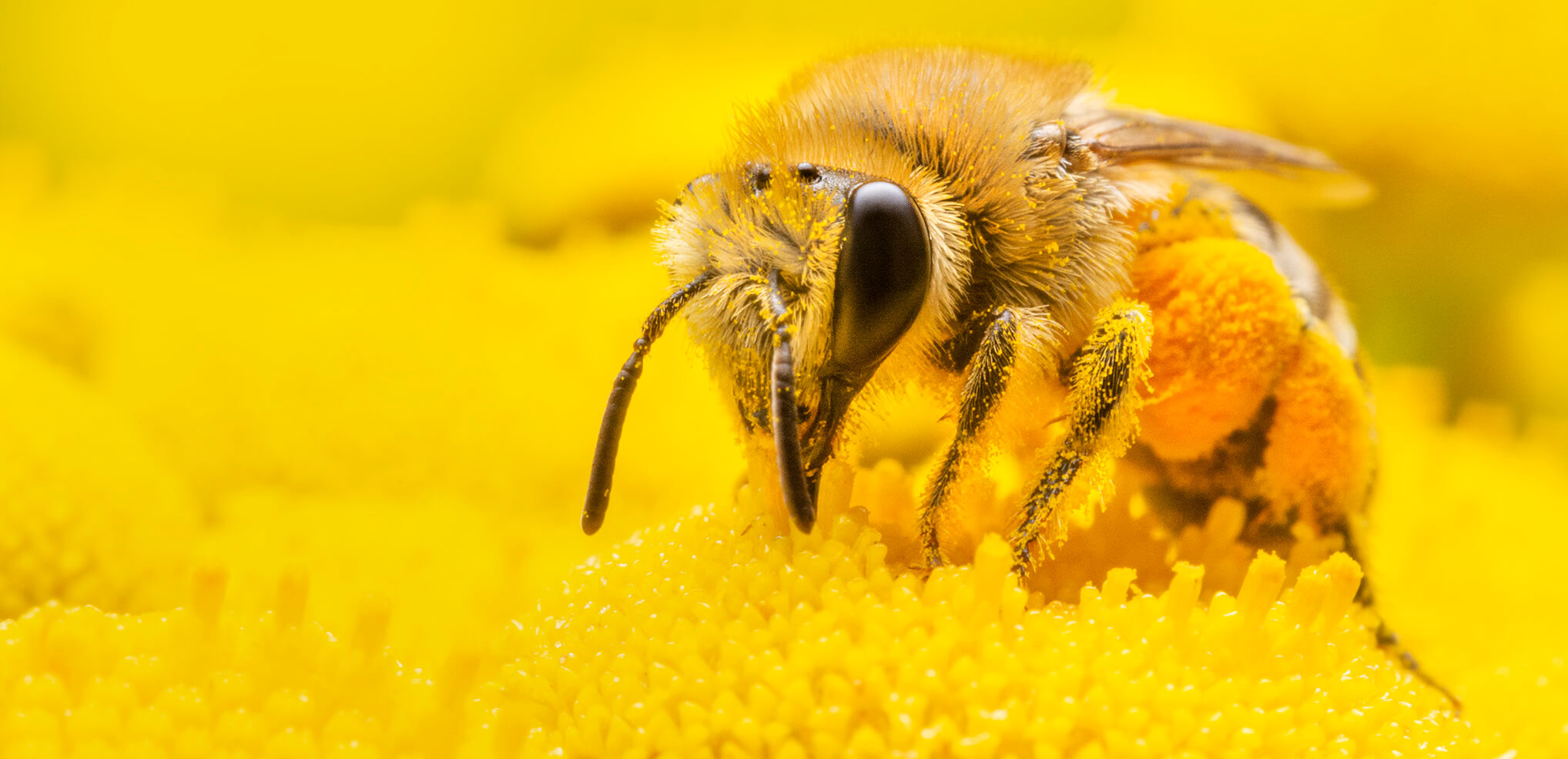
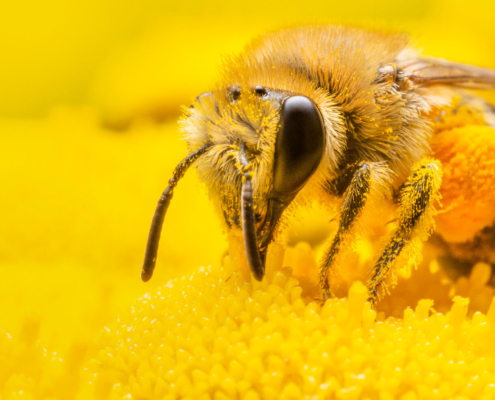

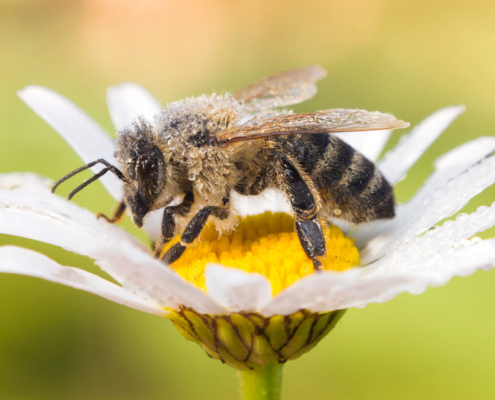
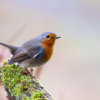
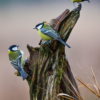
Dodaj komentarz
Chcesz się przyłączyć do dyskusji?Feel free to contribute!